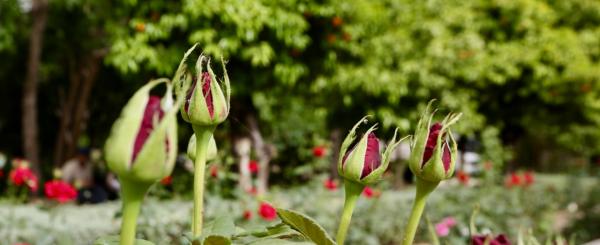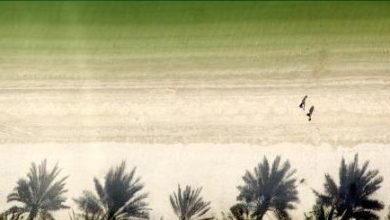DISEASES OF THE HEART THAT PREVENT TOTAL IMAN- PART 1

The essence of Islam has been eradicated over the centuries and what is left of the message is miniscule. Islamic values have been substituted with the cultures of the colonists, including their individualistic mentality and goal in life. This is the psychology that cultivates the diseases of the heart caused by attachment to dunia.
We forget that each of us is leaving this life, and that our eternal life actually begins after death. Wether Muslims or not, our souls are only travelling in one direction. Our lives on earth are a journey towards another transitional point in the grave. From this cycle we will then travel to our final residence, which is jannah or jahannam.
Allah gave us a gift, which is “la illahail Allah”, there is no God but Allah, and we should honour this gift.
Upon death, physical illnesses will never trouble us again. However, from the moment of death, the disease of the heart can be the cause of our agony, starting from the punishment of the grave to the punishment in jahannam. Our spiritual failings caused by the disease of the heart can make us suffer for infinity.
Today, we spend our efforts and money to treat our physical symptoms, but the more pressing sickness we should be concerned with is the sickness of our spiritual hearts.
The heart is the safety deposit box for the hereafter, and we should fill it with the appropriate treasures and safeguard it from corruption. The Qur’an states several times that it is not the blindness of the eyes, but rather the blindness of the heart, that is a barrier to our entering jannah.
If the diseases of the heart override the noor of Allah, a whole array of spiritual diseases will result. To name a few, these include arrogance, stinginess, kufr (denial of Allah’s bounty), shirk (association with Allah), anger and poor manners.
The Companions (RA) did not suffer from these diseases because they did not carry dunia in their hearts. They used to say that the attachment to dunia is not through possessions, but rather by what is contained in the heart. Hence it does not mean that every rich person is attached to dunia. One can be rich with no dunia in your his, or be poor but drowning in dunia,
Some of the Companions were extremely wealthy, but they spent all their earnings and even capital in the path of Allah. Abdul Rahman ibn Auf (RA) was recognized by his ragged clothing even though he was the owner of the biggest trade caravan at the time. When asked to support Islam, Umar RA once gave Rasulullah(SAW) half his capital. He was always in rivalry of good deeds with Abu Bakr (RA) and thought that this time, he had come out the winner. When he went to Rasulullah(SAW) he discovered that Abu Bakr(RA) had given his entire capital towards the path of Allah!
Zakat v Charity v Sacrifice
Many misunderstand the topic of spending and think that zakat (alms) suffices. To clarify, zakat is mandatory, as it constitutes one of the pillars of Islam. Zakat is compulsory in order to remain within the fold of Islam, whereas charity is a voluntary act of worship with potentially unlimited rewards.
The Qur’an challenges its readers to give Allah a goodly loan (spend in the way of Allah). If we give this loan to Allah, our repayment is guaranteed, and on top of that, it is repaid manifold by Allah. Abu Darda RA responded to these Qur’anic verses by donating his own private garden to Rasulullah SAW in order to support the message of Islam. The Qur’an states that spending for Allah is rewarded 700 times over. Today, we think we have struck gold if we find an investment opportunity which yields 18% profit a year, and yet fail to grasp the enormous returns of spending in the path of Allah.
When someone you care about expresses a request, don’t you go out of your way to please? It is not just by spending, but also by sacrificing the things you love or even the things you are short of. For example, you are wealthy from your career but someone you love is ill. What would that person appreciate more, your time in tending to him, or your money?
Similarly, sacrifice for Allah is demonstrated by sacrificing what is beloved to you. It is subjective from person to person.
Never will you attain the good [reward] until you spend [in the way of Allah] from that which you love. And whatever you spend – indeed, Allah is Knowing of it. (Ali Imran verse 92)
These massive rewards cannot be earned by just donating the spare change in your pocket! You can hardly claim to have a deep love of a few coins. But when you push yourself to go further – a significant part of your salary, or using the money that you had been saving up to buy a treat for yourself, or even giving away a part of your capital, such that the amount makes you ache – that indicates sacrifice.
When you buy a car, the love for your money will be transferred to the love of the car. It is the same when you spend something of what you love for Allah, but the rewards in dunia and akhirah are far more abundant and meaningful.




